Legendary actor, producer, and filmmaker, Clint Eastwoodhas made a number of timely stories that tackled the criminal justice system and media sensationalism. His 2019 drama Richard Jewell examined the media’s role in amplifying false accusations against an innocent man. Additionally, Eastwood’s upcoming Juror No. 2 sees a man caught in an ironic moral dilemma while sitting on a jury during a murder trial.
Eastwood’s interest in the political aspects of the law and the media can be traced back to his superstar-making performance in 1971’s Dirty Harry. At a time when public frustration with the justice system was rampant, Inspector Harry Callahan was the perfect character to address the debate surrounding victim's rights versus the rights of the accused. For Eastwood’s final appearance as Harry in 1988’s The Dead Pool, he found a way to return to the franchise’s roots while addressing the dark side of the media.
Clint Eastwood's 'The Dead Pool' Is a Proper Throwback to the Original Dirty Harry Movie
The fifth installment finds a much older Harry Callahan becoming a reluctant celebrity after testifying against a San Francisco mobster who puts a hit out on his life. Simultaneously, Harry’s name is placed among the ranks of local controversial celebrities on a “dead pool” game list where predictions are made about their impending deaths either by natural causes, accidental, or murder. Among the participants in the game is British horror movie director Peter Swan (Liam Neeson), who becomes Harry’s prime suspect following the deaths of drug-addicted rock star Johnny Squares (Jim Carrey) and a San Francisco movie critic.
As Harry gets to the bottom of the murders, he’s also targeted by local reporter Samantha Walker (Patricia Clarkson) after destroying her camera at the crime scene of the rock star’s murder. Rather than sue the SFPD for damages, Walker wants a profile on Harry’s life and career, which the veteran inspector believes is nothing more than exploitation for ratings. As the two develop an unlikely relationship, the dead pool killer eventually sets his sights on Walker.
What makes The Dead Pool stand out in contrast to the three Dirty Harry sequels (Magnum Force, The Enforcer, and Sudden Impact) preceding it is how it attempts to go back to the tone of the original 1971 film. Made at the height of the real-life Zodiac murder case in San Francisco, Dirty Harry plays as a cat-and-mouse thriller between Eastwood’s hardened cop with the oversized magnum and the psychotic serial killer Scorpio (Andrew Robinson) terrorizing the city. They had a Batman/Joker-like dynamic that plays effectively next to the political themes about the legal loopholes protecting Scorpio from incarnation. The subsequent, more action-driven sequels diverted from the original movie’s formula as they expanded the number of supporting characters while raising issues about police fascism, domestic terrorism, and vigilantism. The Dead Pool returns to the cat-and-mouse thriller direction with an emphasis on the mystery surrounding the dead pool killer’s identity. At the same time, Harry’s life is put in danger not only by the killer but also by media overexposure.
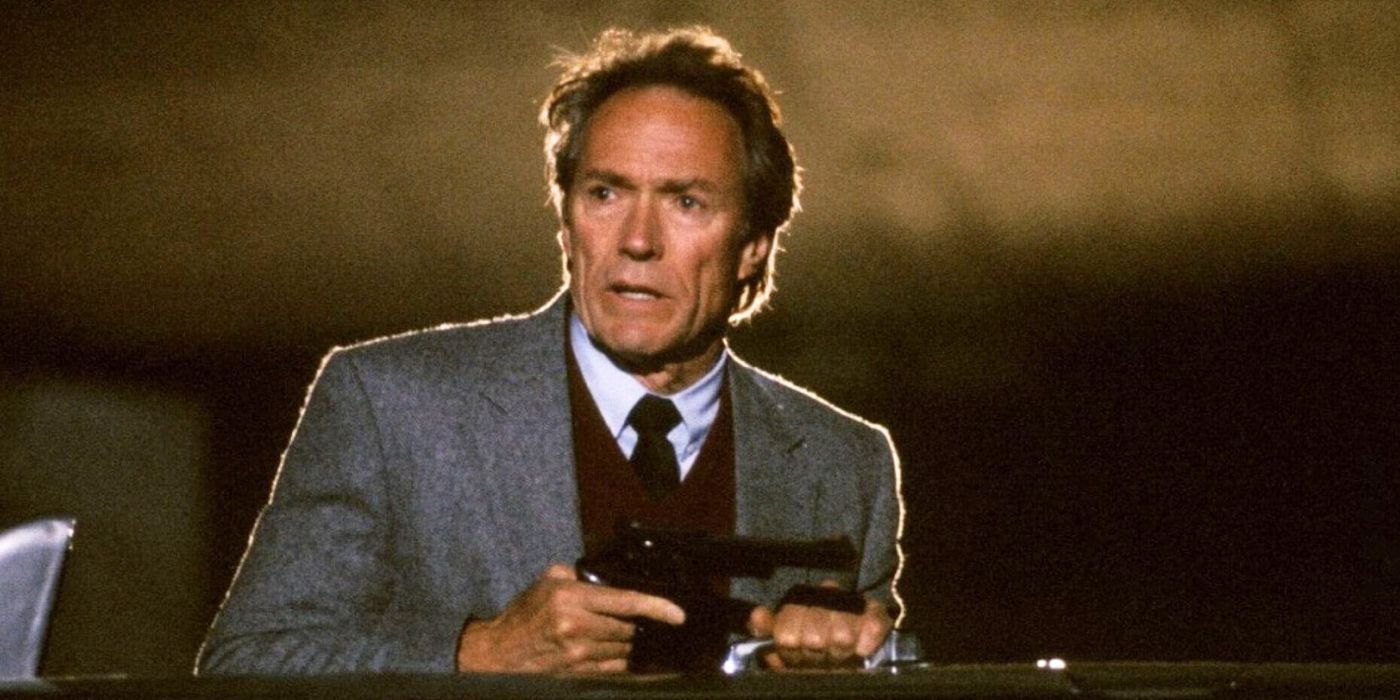 Image via Warner Bros.
Image via Warner Bros. The Dead Pool was made in a period when the American mass media was pushing the envelope for ratings and commerce. The late ‘80s saw a boom in shock jocks (Howard Stern, Morton Downey, Jr.), and tabloid television (A Current Affair, Hard Copy). It appeared as though the press had no limits on exploiting sex, scandal, and violence as long as it drove public interest. The Dead Pool had plenty of commentary on the issue through Clarkson’s Walker, who begins as an opportunistic reporter until she enters Harry’s chaotic world. The tipping point for Walker comes when a mentally ill man claiming to be the dead pool killer plans to set himself on fire in front of TV cameras. Rather than take advantage of the situation, Walker refuses to give in on filming the man’s death on the air. After Harry stops the man from the suicide attempt (a callback to the original movie showing him stopping a roof jumper), he softens his stance on Walker.
Aside from the media’s role in journalistic integrity, the film also examines the dangers of celebrity obsession. If Scorpio was inspired by the Zodiac killer, The Dead Pool’s mystery villain mirrors real-life celebrity stalkers in the '80s such as Arthur Richard Jackson, who stalked and nearly murdered Theresa Saldana (Raging Bull) in 1984. In a sense of eerie foreshadowing, this movie was released one year before the murder of actress Rebecca Schaeffer at the hands of her stalker, Robert John Bardo. The Dead Pool may not end like a typical franchise does, with the hero dying, retiring, or finding peace. What it does offer as Eastwood’s last Dirty Harry appearance, however, is a final statement about the dark side of the 1980s media and perhaps an omen to the kind of media sensationalism that exists today.
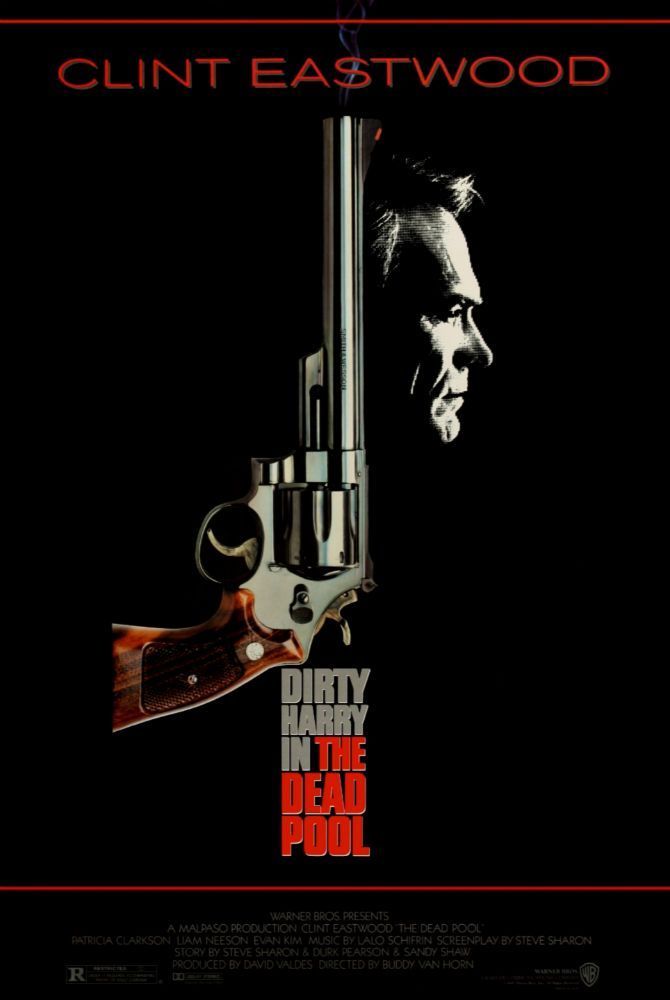
Inspector "Dirty" Harry Callahan must stop a sick secret contest to murder various San Francisco celebrities, with himself being one of the targets.
Release Date July 13, 1988
Director Buddy Van Horn
Runtime 91 Minutes
Writers Harry Julian Fink , Rita M. Fink , Steve Sharon , Durk Pearson , Sandy Shaw
The Dead Pool is available to watch on Prime Video in the U.S.

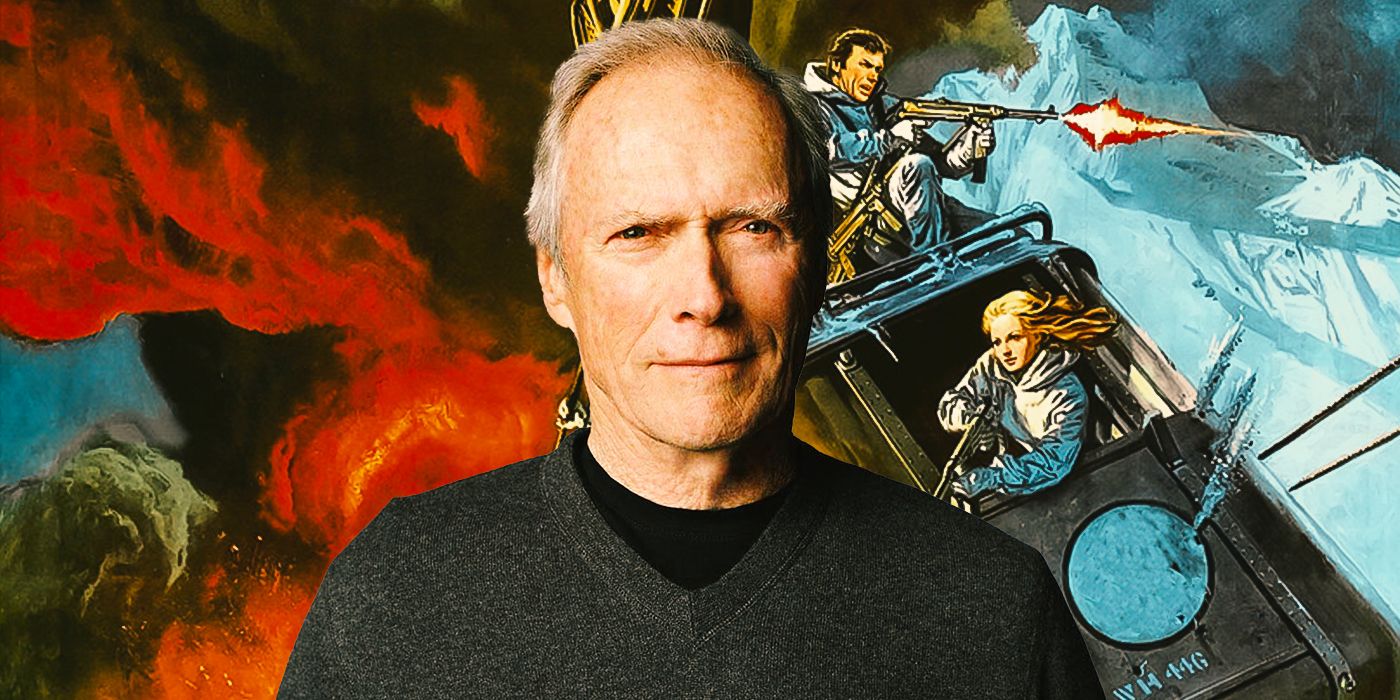
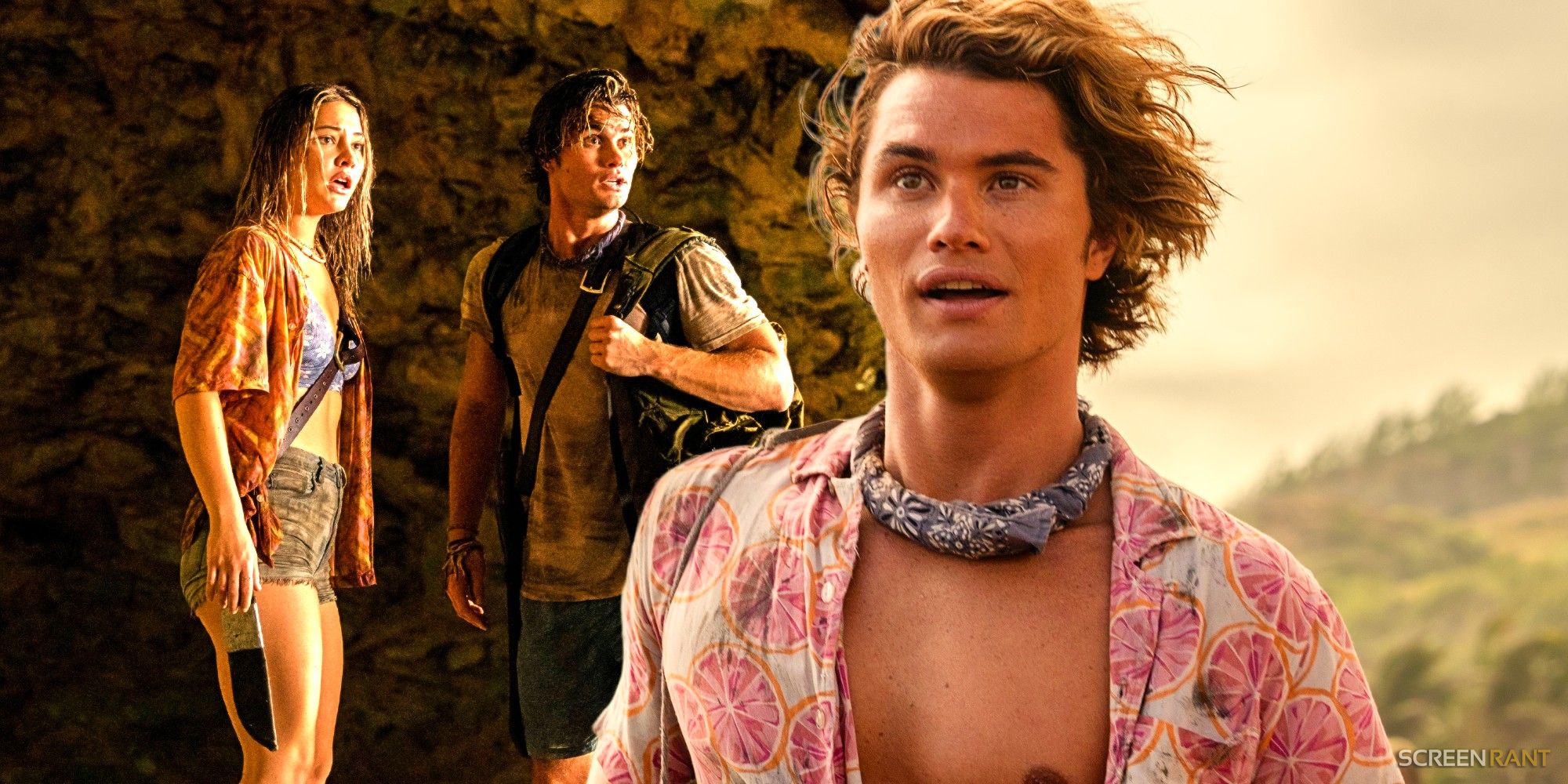


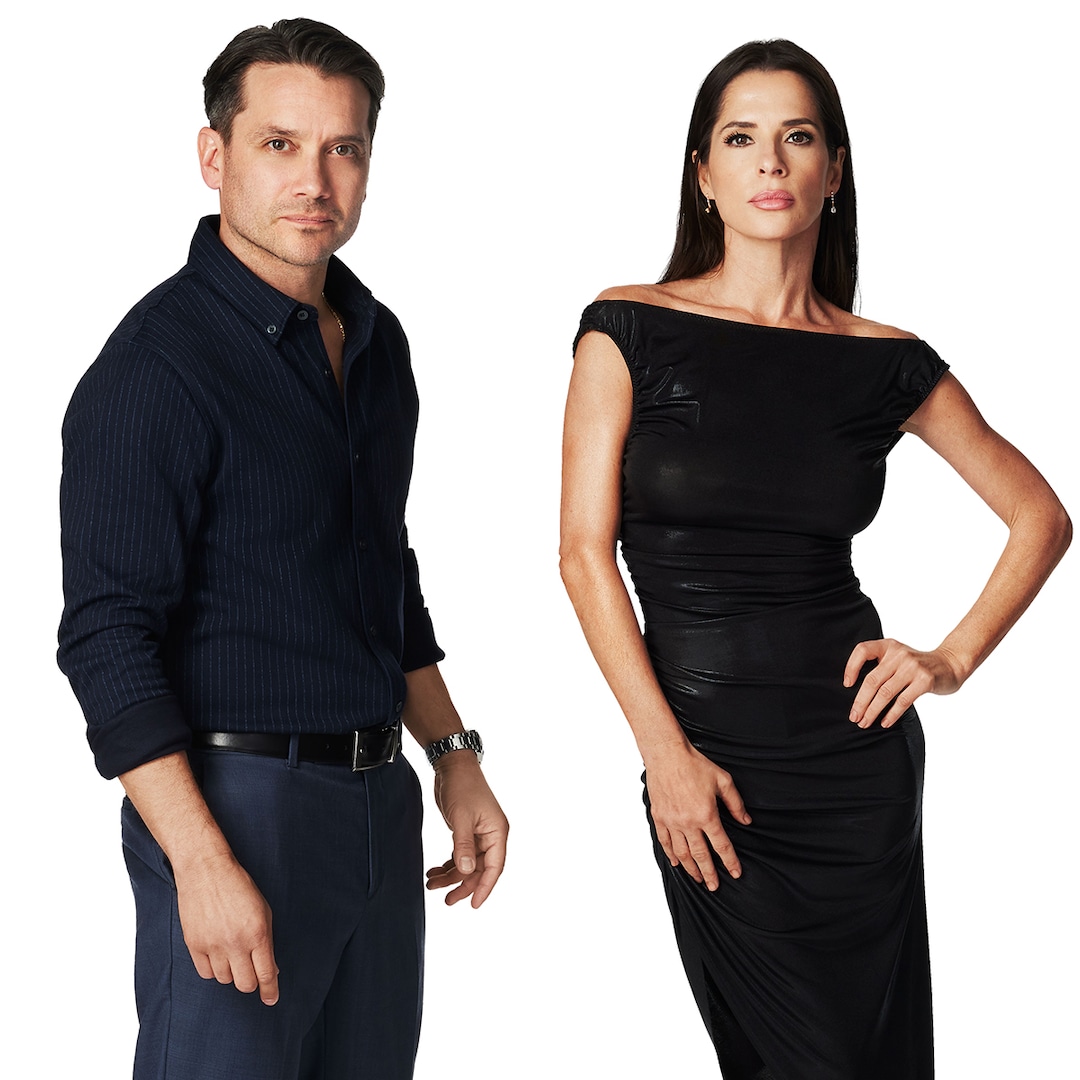

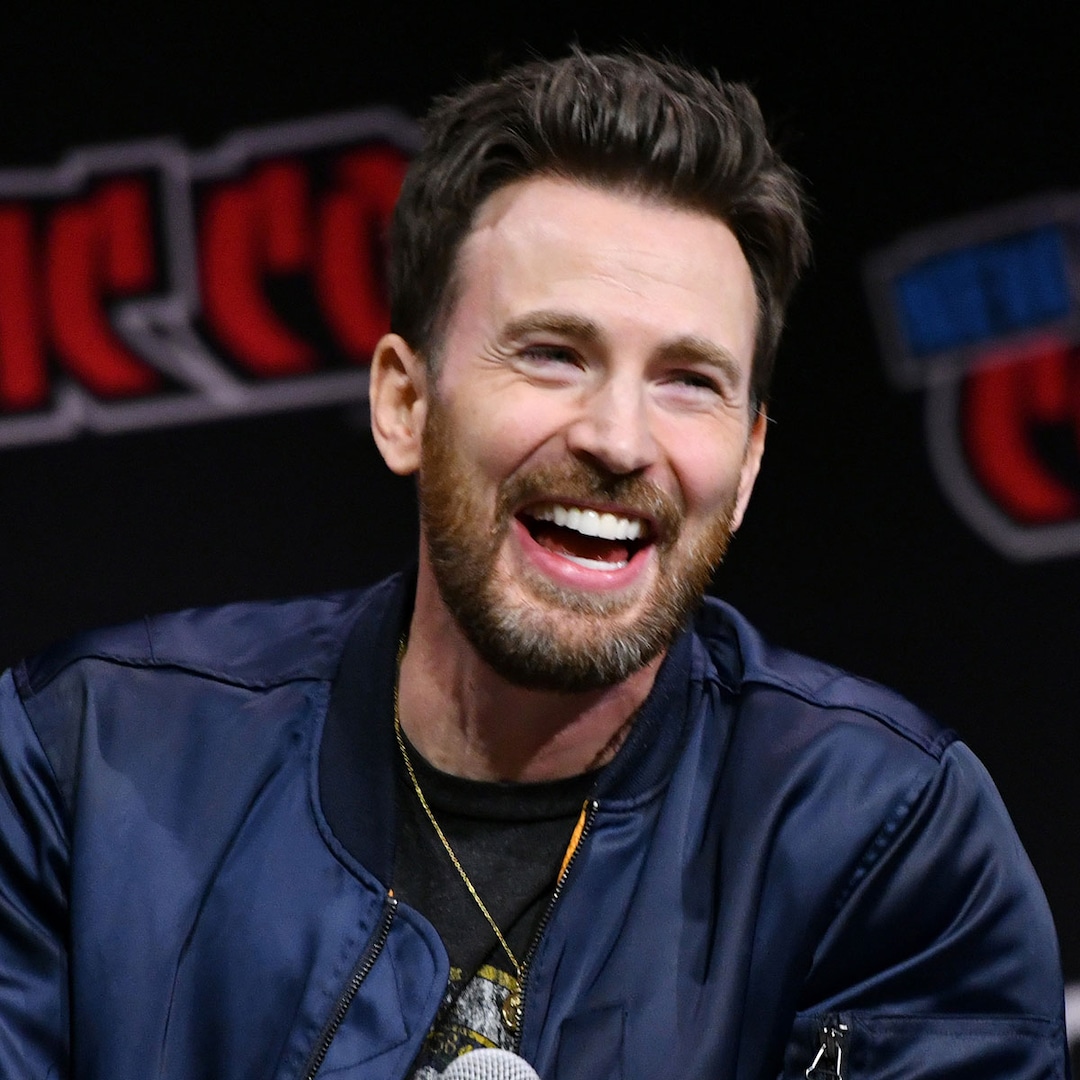


 English (US) ·
English (US) ·